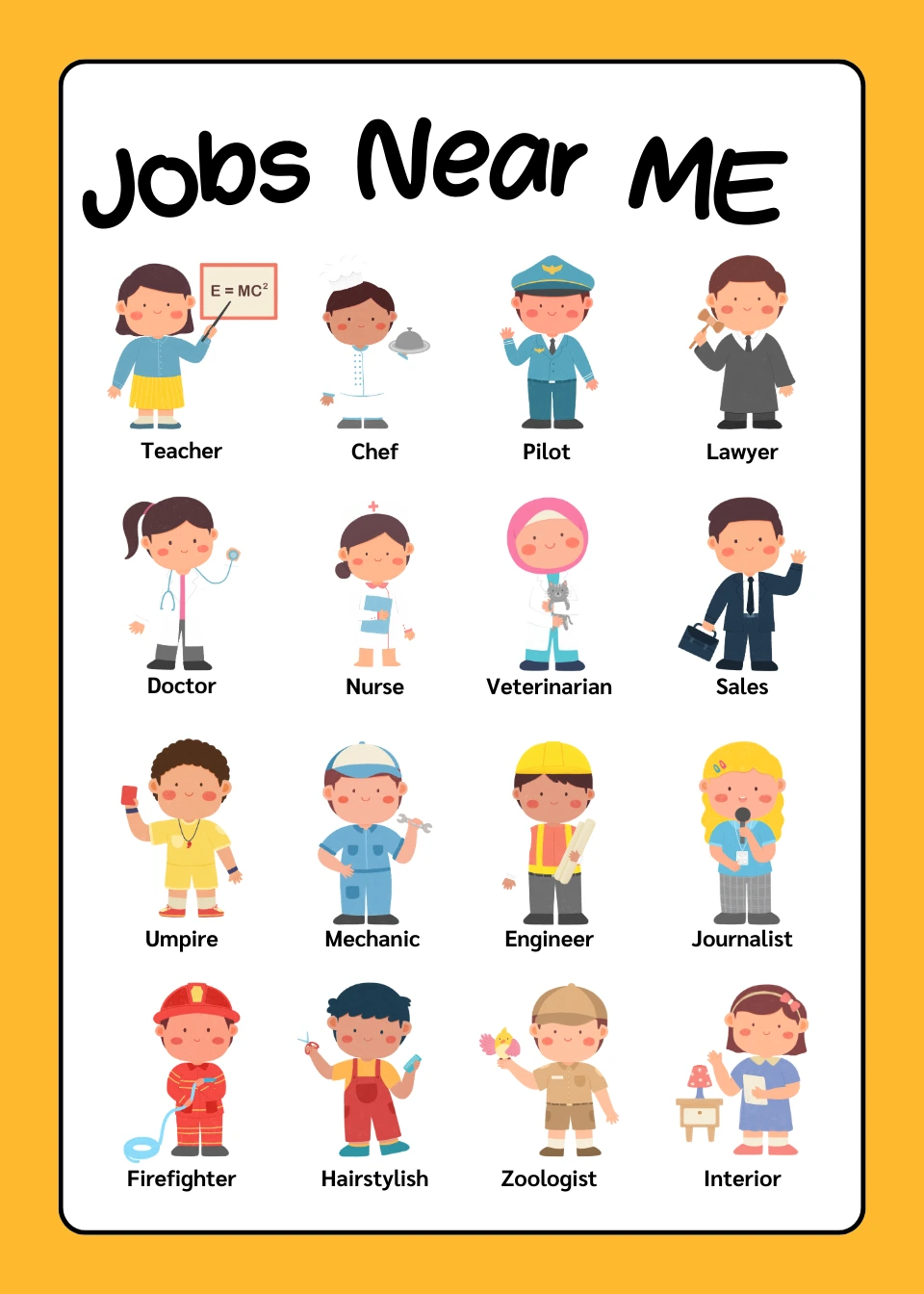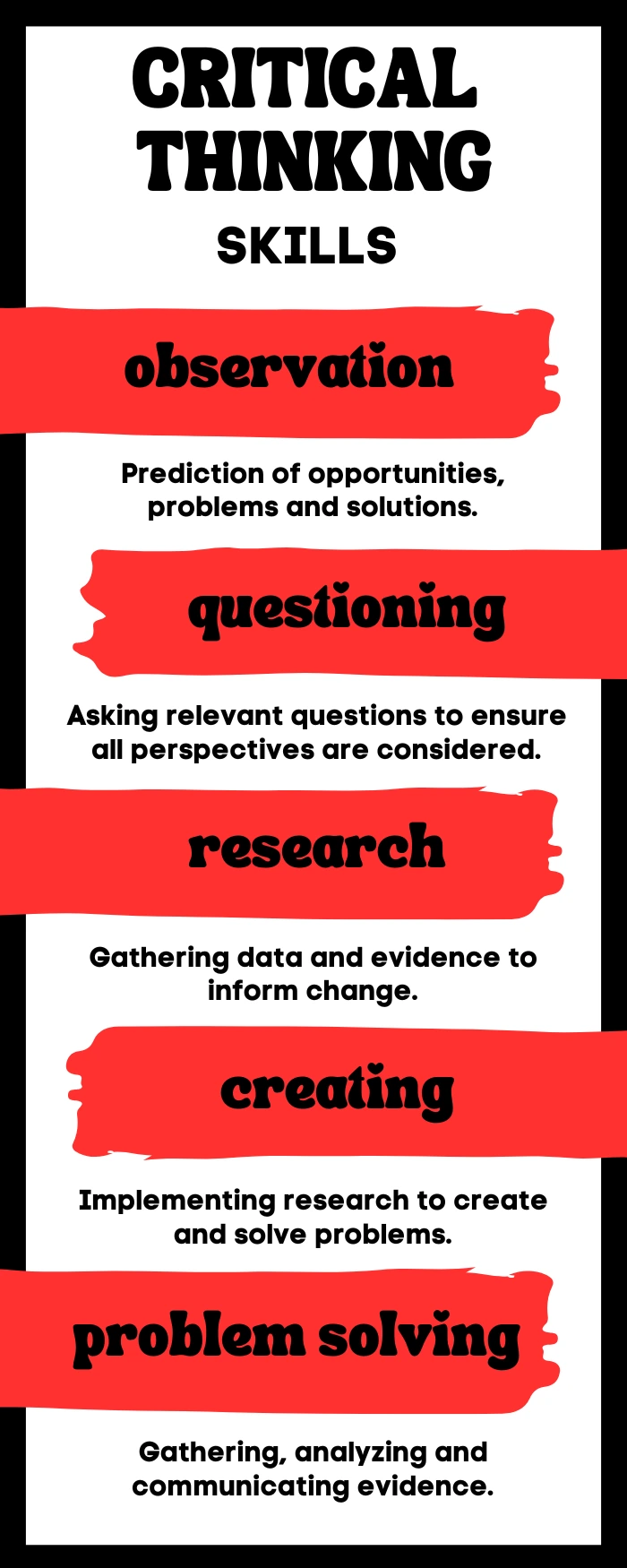To effectively navigate the jobs near me, it's essential to understand the dynamics and trends specific to your area. The local economy, predominant industries, and the availability of jobs can vary widely depending on your location. By examining local job openings and employment opportunities, you can align your job search strategy with the market's demands.

Researching Local Economies
Understanding the local economy is the first step in identifying job opportunities in your area. Investigate which industries are thriving and which are experiencing a downturn. Are there new businesses opening, or is there a trend of closures? Economic reports from local chambers of commerce or city planning offices can offer valuable insights into these dynamics.
Identifying Key Industries:
Different regions are known for specific industries. For instance, technology hubs like Silicon Valley differ significantly from manufacturing-heavy areas in the Midwest. Recognize which industries dominate your area, as this can affect the availability of jobs and inform your decision on where to focus your efforts. Knowing the key players and emerging sectors can help you tailor your job search to industries that are expanding.
Understanding Job Availability:
Job availability is not uniform across all sectors. Seasonal demands, industry growth, and even local policies can affect the number of available positions. Research which sectors are hiring more frequently and consider how your skills align with these opportunities. This understanding can help you prioritize applications to areas where you have the greatest chance of success.
Strategies for Finding Jobs Near You
Finding "jobs near me" requires a strategic approach that maximizes your resources and networks. Here are several strategies to enhance your job search:
Networking and Community Engagement
Engaging with your local community can open doors to employment opportunities that might not be advertised publicly. Attend local events, join professional groups, and connect with industry professionals through platforms like LinkedIn. Networking can lead to valuable referrals and inside information about job openings.
Attending Local Events
Participate in job fairs, industry conferences, and community gatherings. These events are excellent venues for meeting potential employers and learning about job opportunities. Bring business cards and be prepared to discuss your skills and experiences.
Joining Professional Groups
Professional associations related to your field can offer networking opportunities and resources. These groups often have job boards and host events where you can meet others in your industry. Membership can also demonstrate your commitment to your profession.
Building Online Connections
Use social media to connect with local professionals. Platforms like LinkedIn allow you to network with others in your area and industry. Engage with their posts and share relevant content to maintain active, professional relationships.
Utilizing Online Platforms
Online platforms dedicated to job searches, such as Indeed, Glassdoor, and LinkedIn, are invaluable resources for finding local job openings. These platforms allow you to filter jobs by location, industry, and job type, making it easier to find positions that match your criteria. Additionally, setting up job alerts can ensure you receive notifications about new listings in your area.
Effective Use of Job Search Engines
Job search engines aggregate listings from various sources, offering a broad view of available positions. Learn to use advanced search filters to narrow down results to jobs that match your qualifications and preferences. Regularly update and refine your search criteria to keep your job hunt efficient.
Creating Job Alerts
Setting up job alerts can save time and ensure you don't miss new opportunities. Customize alerts based on job titles, locations, and companies of interest. This proactive approach keeps you informed about the latest openings without having to constantly check for updates.
Understanding Platform Differences
Each job search platform has unique features and strengths. LinkedIn, for example, offers extensive networking opportunities, while Indeed focuses on job listings. Familiarize yourself with each platform's capabilities to leverage them effectively in your search.
Leveraging Social Media
Social media platforms can also be effective tools in your job search arsenal. Follow local businesses and organizations on platforms like Twitter and Facebook, as they often post job openings and company news. Engaging with these pages can provide insights into company culture and hiring practices.
Following Companies
Stay updated on company news and job openings by following local businesses on social media. Many companies share updates on platforms like Twitter and Facebook, including job postings and industry news. This engagement can also offer insight into company culture.
Engaging with Industry Content
Share and comment on industry-related content to increase your visibility among professionals in your area. This activity demonstrates your interest and expertise in the field, potentially attracting attention from recruiters and employers.
Showcasing Your Expertise
Use platforms like LinkedIn to publish articles or posts about your field of expertise. By showcasing your knowledge and skills, you can establish yourself as a thought leader in your industry, which can attract job opportunities.
Preparing for the Job Search
Once you've identified potential employment opportunities, preparing thoroughly for the application process is crucial. This preparation involves creating a standout resume, crafting compelling cover letters, and preparing for interviews.
Crafting a Compelling Resume
Your resume is often the first impression you make on potential employers. Ensure that it is tailored to the specific job you're applying for, highlighting relevant skills and experiences. Use clear, concise language and quantify achievements to convey your value effectively.
Highlighting Relevant Skills

Focus on skills that are directly relevant to the job you're applying for. Tailor each resume to highlight these skills, using specific examples to illustrate your expertise. This targeted approach makes it easier for employers to see your suitability for the role.
Quantifying Achievements
Whenever possible, use numbers to demonstrate your accomplishments. For example, instead of saying you increased sales, specify by how much or over what period. Quantifiable achievements provide tangible evidence of your capabilities.
Formatting for Clarity
A well-formatted resume is easy to read and highlights key information. Use headings, bullet points, and consistent fonts to organize content clearly. A clean, professional appearance can make a significant difference in how your resume is perceived.
Writing an Effective Cover Letter
A well-written cover letter complements your resume by providing context to your application. It should highlight your enthusiasm for the role and demonstrate how your skills and experiences align with the job requirements. Personalize each cover letter to reflect the specific position and company.
Addressing the Hiring Manager
Whenever possible, address your cover letter to a specific person. This personal touch shows that you've researched the company and are genuinely interested in the position. If a name isn't available, use a polite and professional salutation.
Demonstrating Cultural Fit
Discuss why you're interested in the company and how its values align with yours. This section of the cover letter can help demonstrate that you're a good fit for the organization's culture, which is often as important as your qualifications.
Showing Enthusiasm
Express your enthusiasm for the role and the company. A cover letter is your opportunity to convey passion and interest, which can set you apart from other candidates. Be genuine and specific about why you're excited about the opportunity.
Interview Preparation
Preparing for interviews involves researching the company, understanding the role, and practicing responses to common interview questions. Be ready to discuss your experiences, skills, and how you can contribute to the company's success. Additionally, prepare questions to ask the interviewer to demonstrate your interest in the position.
Researching the Company
Before an interview, learn as much as you can about the company. Understand its products, services, culture, and recent news. This knowledge can help you tailor your responses and demonstrate your interest and commitment.
Practicing Common Questions
Prepare answers to common interview questions, such as those about your strengths, weaknesses, and past experiences. Practice your responses to ensure they are concise and relevant. Mock interviews with friends or mentors can be helpful.
Preparing Your Own Questions
Prepare thoughtful questions to ask the interviewer. Inquire about company culture, expectations for the role, or recent projects. This demonstrates your interest and can provide valuable insights into whether the company is the right fit for you.
Exploring Part-Time and Full-Time Opportunities
The availability of full-time and part-time server assistant positions can vary based on the industry and location. Understanding the benefits and drawbacks of each can help you determine which type of employment is best suited to your needs.
Full-Time Employment
Full-time positions typically offer stability, benefits, and a consistent schedule. They are ideal for individuals seeking long-term career growth and financial security. However, they may require a higher level of commitment and responsibility.
Benefits of Full-Time Work
Full-time employment often includes benefits such as health insurance, retirement plans, and paid time off. These perks can significantly enhance your quality of life and job satisfaction. Consider these benefits when evaluating job offers.
Career Growth Opportunities

Many full-time positions offer opportunities for career advancement. Companies often invest in training and development for full-time employees, helping them build skills and progress within the organization. Evaluate potential growth paths when considering full-time roles.
Work-Life Balance Considerations
While full-time work provides stability, it can also impact your work-life balance. Consider your personal commitments and how a full-time schedule will fit into your lifestyle. Striking the right balance is crucial for long-term job satisfaction.
Part-Time Employment
Part-time jobs offer flexibility, making them suitable for individuals who balance multiple responsibilities or seek supplementary income. They can also serve as entry points into industries, providing valuable experience and networking opportunities.
Flexibility and Work-Life Balance
Part-time roles can offer greater flexibility, allowing you to manage personal commitments alongside work. This flexibility can be especially beneficial for students, parents, or those with other responsibilities. Consider how a part-time schedule aligns with your lifestyle.
Building Experience and Skills
Part-time positions can be excellent opportunities to gain experience and develop new skills. These roles often require a diverse skill set, providing an opportunity to learn and grow. Use part-time work to build a foundation for future career advancement.
Income and Job Security
While part-time jobs provide flexibility, they may offer less job security and fewer benefits than full-time positions. Consider your financial needs and long-term goals when evaluating part-time opportunities. Balancing income with other priorities is key.
Conclusion
Navigating the job market can be a daunting task, but with the right strategies and resources, finding "jobs near me" becomes a manageable endeavor. By understanding local employment trends, leveraging job listings, and preparing thoroughly for the application process, you can position yourself as a strong candidate for server assistant roles in your area. Whether seeking full-time stability or part-time flexibility, the key to success lies in being proactive, resourceful, and well-prepared to seize the opportunities that come your way. Keep these strategies in mind, and embark on your job search journey with confidence.